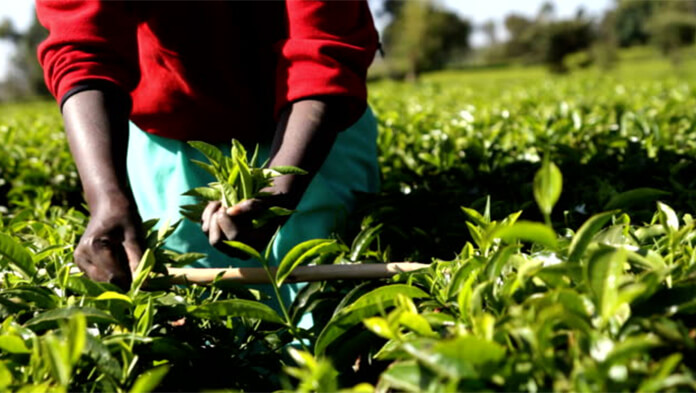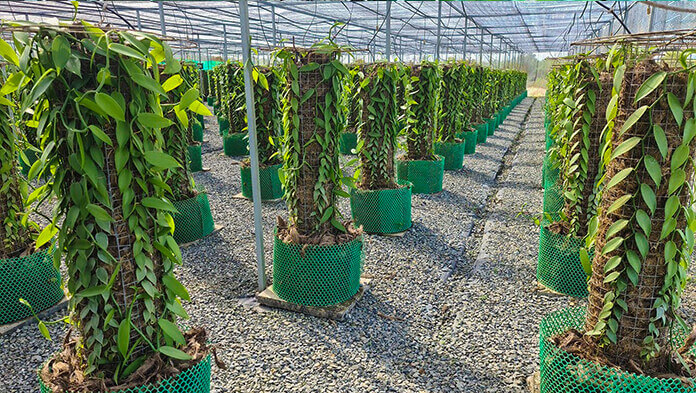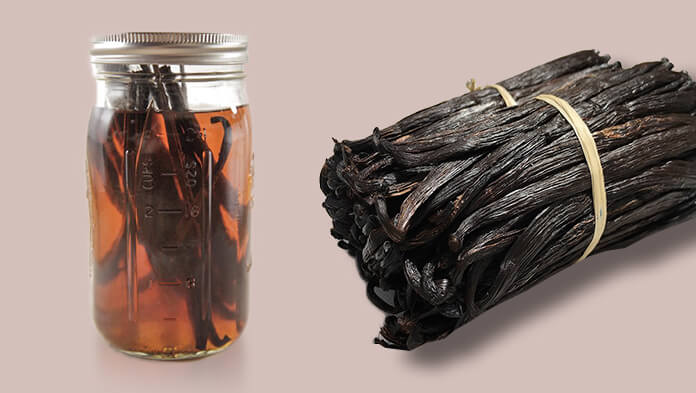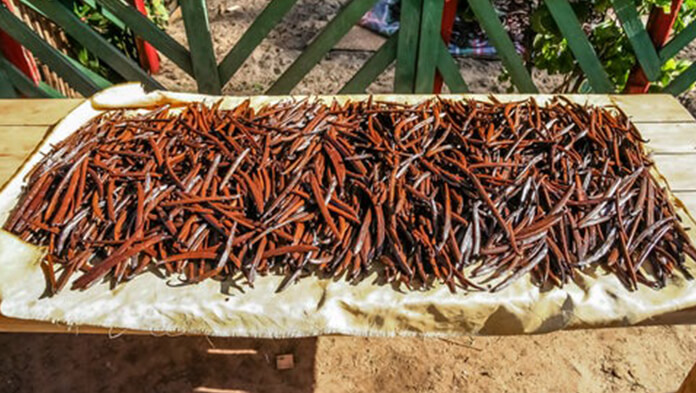
What the Coronavirus (COVID–19) Means for African Family Farmers and Fishermen
Release Date: 14th April 2020
African agricultural production has not yet been directly hit by the COVID-19 pandemic, at least in the immediate term. However, agricultural production and productivity across different African regions and countries will be affected in the coming months as a result of factors that are slowly coming into effect, described as follows:
i) Disruption in global supply chains
Family farmers need quality seeds, fertilizers, and crop-nurturing and protection inputs and implements to achieve good production in their farms. They need packaging materials too for post-harvest handling and dispatch of the produce to markets.
Currently, there is a global disruption of supply chains and this is affecting the import of agricultural inputs from Asia, Europe, the Middle East and other regions.
While countries and farmers may have enough stock of fertilizers, chemicals and other implements to last them a few months, if the situation persists and they are not able to receive input shipments from China and other countries, then the situation will turn dire.
ii) Farmers & Workforce
There is great concern as to how the pandemic will impact farmers and agricultural labour across Africa. With African farmers being a relatively elderly demographic, and trends show COVID–19 has a much higher degree of severity among older age groups, so there is definitely a risk that if the pandemic hits rural Africa, many of the farmers would be at high risk and this would affect production.
Another factor to consider is that up to 70% of Africa’s food is produced by women, who are also primary caregivers across many of Africa’s rural regions. This means that a key segment of the agricultural workforce across Africa is at a higher risk of contracting COVID–19, as they also take care of their families and communities.
Smallholder farmers need to be equipped with means of protection, being a vulnerable group that is also vital to food security across Africa. Other agricultural workers, for example packhouse workers, are also at high risk given that most packhouse packing line configurations make social distancing measures very difficult to comply with.
iii) Locusts in time of Pandemic
Before the COVID–19 pandemic, farmers in East Africa were already suffering severe locust invasion and now COVID–19 has worsened the situation. The U.N. Food and Agriculture Organization (FAO) has warned that a new wave of locust swarms are starting to form, representing an unprecedented threat to farmer livelihoods – specifically in Kenya, Ethiopia and Somalia, where widespread breeding of locusts is currently in progress. As a result, farmers are facing a double catastrophe from the impact of COVID–19 and the locusts at the same time, a combination that will negatively impact on their farm yields.
iv) Food waste
Amidst the uncertainty during the COVID–19 pandemic, matching supply with demand is becoming a major problem, especially given the logistics bottlenecks arising from lockdowns and restricted movement. This is likely to compound the food loss problem that was a major problem across African food value chains before the pandemic. For perishables like milk, fruits and vegetables, this will lead to waste and losses that the already vulnerable farmers can simply not afford to absorb.






